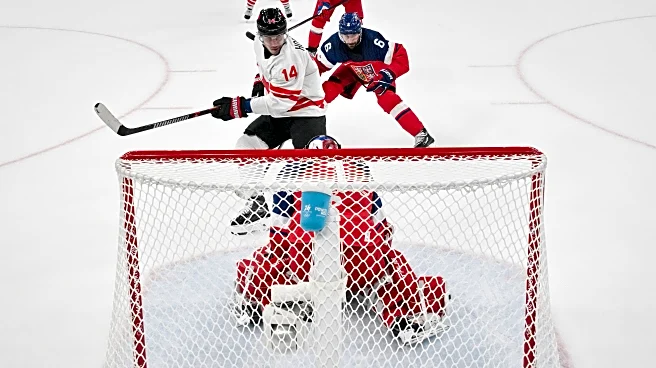The new agency vetting name, image and likeness deals in college sports reached an agreement Thursday that relaxes standards on player agreements with third-party collectives and avoids taking the issue
back to court after years of legal wrangling.
The College Sports Commission said it will now consider a third-party company that seeks to pay a player to have a “valid business purpose” if the deal “is related to the promotion or endorsement of goods or services provided to the general public for profit.”
It did away with the concept that collectives established simply to pay players did not have a valid business purpose even if they sold products for profit.
That guidance, issued earlier in July, threatened to fundamentally change the concept of third-party collectives, which were established in 2021 as the main source of NIL deals for players. With schools now allowed to pay players directly under terms of the industry-changing House settlement, the role of collectives was thrown into limbo.
The CSC, in charge of vetting third-party deals worth $600 or more, was trying to make it more difficult for schools to use collectives as a workaround to the $20.5 million cap that the schools are allowed to pay players.
Plaintiff attorneys threatened to take the case back to court, arguing the CSC guidance amounted to an incorrect reading of the lawsuit settlement that made the payments possible.
The CSC's new guidance provides a more liberal view of what third-party collectives can do.
The CSC’s "for-profit inquiry focuses on whether the sale of goods or services is for profit and not whether the entity itself is operating at a profit or a loss at any given time," the CSC said in a news release.
Part of the CSC's requirements include athletes needing to, in certain cases, provide documentation showing the entity's efforts to profit from the deal.
In a joint statement, the defendants and plaintiffs reiterated that “the traditional purpose of many NIL collectives — raising money to induce student-athletes to attend or play at an institution — does not satisfy the valid business purpose requirement.”
But, the statement said, “In evaluating such payments, the Settlement’s requirements focus on substance, not labels” — an indication that the focus should not be on whether the organization making the deal is considered a ”collective," but only whether it sells something to the public for profit.
Parts of the arrangement that don't change are the CSC's task of determining fair market value for the goods and services provided and the collectives' ability to match athletes with other businesses offering NIL opportunities.
___
AP college sports: https://apnews.com/hub/college-sports











